Foie gras—which translates to “fatty liver”—is a longtime staple in French cuisine. However, recent years have seen a significant decline in its production within the European Union, notably in France, the world’s leading producer. This downturn, attributed to a 30-percent drop since 2019, is largely due to outbreaks of avian influenza and increasing economic burdens.
Plus, global consumers are becoming increasingly aware of how traditional foie gras is produced. Foie gras is made by force-feeding ducks and geese through a pipe until their livers swell.
Amidst these challenges, innovative solutions like Prime Roots’ partnership with Three Little Pigs to popularize vegan foie gras are emerging to serve the demand for this luxury product without any of the downsides.
Since 1975, Three Little Pigs has been offering traditional French charcuterie, with a focus on quality and authenticity. The brand’s decision to partner with California-based Prime Roots, known for its fresh approach to plant-based meats, means that the end product meets its high standards.
Prime Roots
“We’ve always been committed to innovation and are always looking to stay ahead of the curve and evolving consumer demands,” Maha Freij, President of Three Little Pigs, tells VegNews.
“Partnering with the pioneer of koji-based products, Prime Roots allows us to introduce classic French fare like pâte and foie gras to plant-based consumers who may not otherwise try foie gras,” Freij says.
Table of Contents
Perfecting vegan foie gras
Developed with the expertise of Michelin-star chefs, the new offerings include Black Truffle and Harvest Apple Koji-Pâtés and Koji-Foie Gras, all made to deliver the indulgence of their traditional versions without animal cruelty.
Prime Roots is known for its vegan deli slices but often ventures into other food categories. Its founder Kimberlie Le—daughter of Vietnamese chef Chi Le—brings a deeply personal narrative to this particular collaboration. Growing up in a culinary household, Le’s childhood was marked by the rich flavors of pâtés and foie gras.
“As the daughter of a chef, I grew up eating pâtés and foie gras, so it was a natural choice for me to create a koji-foie gras that I could enjoy and share with others,” Le tells VegNews. “Plus, bánh mì sandwiches are one of my favorites.”
This personal connection has fueled her passion for creating a vegan foie gras with the help of koji—an umami-packed Japanese fungus—that resonates with the richness and complexity of traditional flavors, a challenging part of the process.
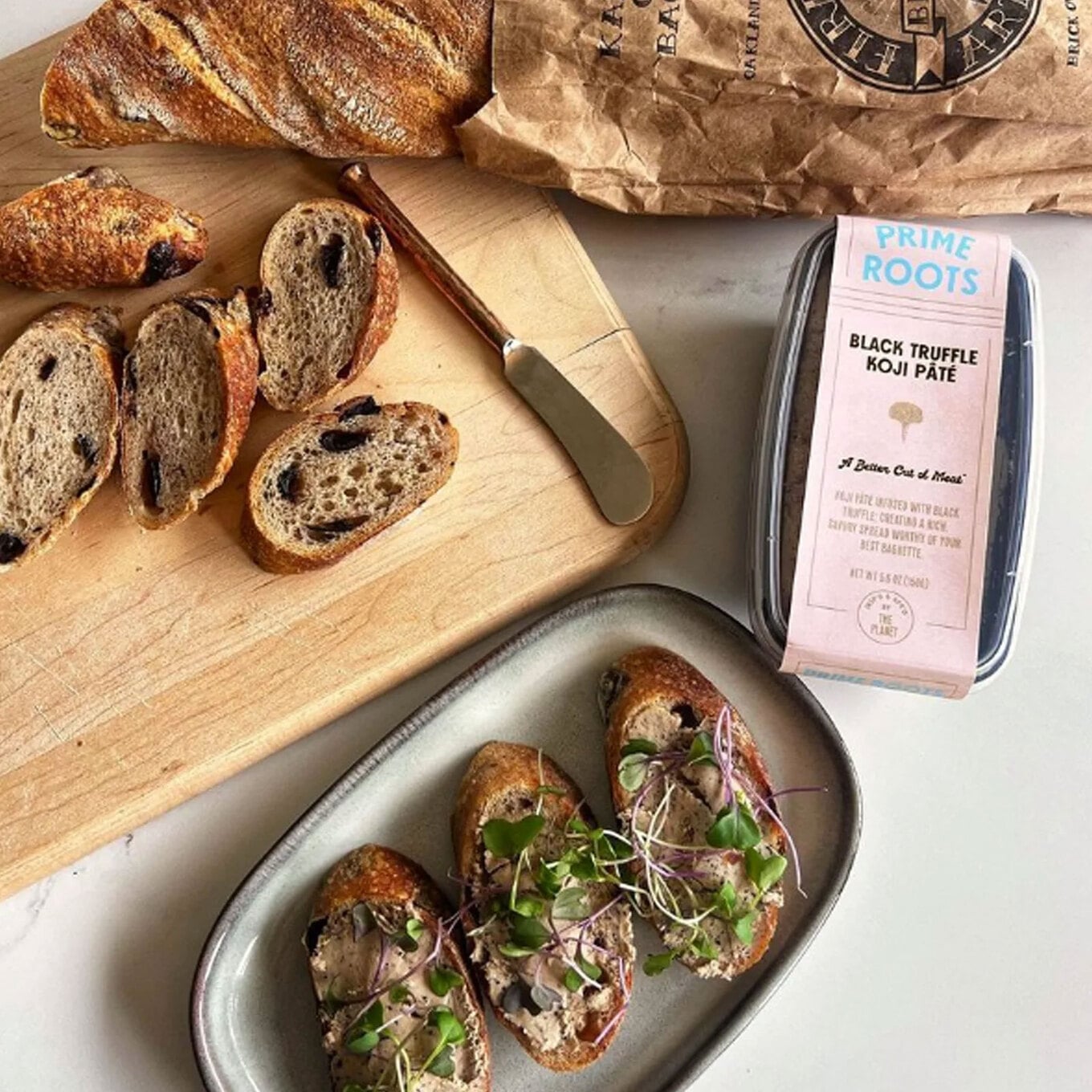 Prime Roots
Prime Roots
“Balancing the fat content to get the buttery, smooth mouthfeel of conventional foie gras was the toughest part,” Le says. “We used coconut oil to achieve a creamy, buttery texture with lower fat and lower impact on the planet—a win-win.”
The role of koji, with its unique texture and umami flavor, was pivotal in mimicking the meat’s properties. “We were lucky to work with a three-star Michelin chef to make sure the taste and texture were ideal for any discriminating palate,” Le shares.
Foie Gras for the modern charcuterie board
Prime Roots is not the only company making vegan foie gras. Multinational food giant Nestlé has its own plant-based version called Voie Gras, a part of its Garden Gourmet brand, which it reintroduced in December in various European markets.
Newcomers to this space are also growing, with French startup Aberyne recently completing its crowdfunding campaign to support the production of cashew-based Foie Green. Japan’s plant-based food company Next Meats also announced its vegan foie gras at a trade show in Bangkok, Thailand this month.
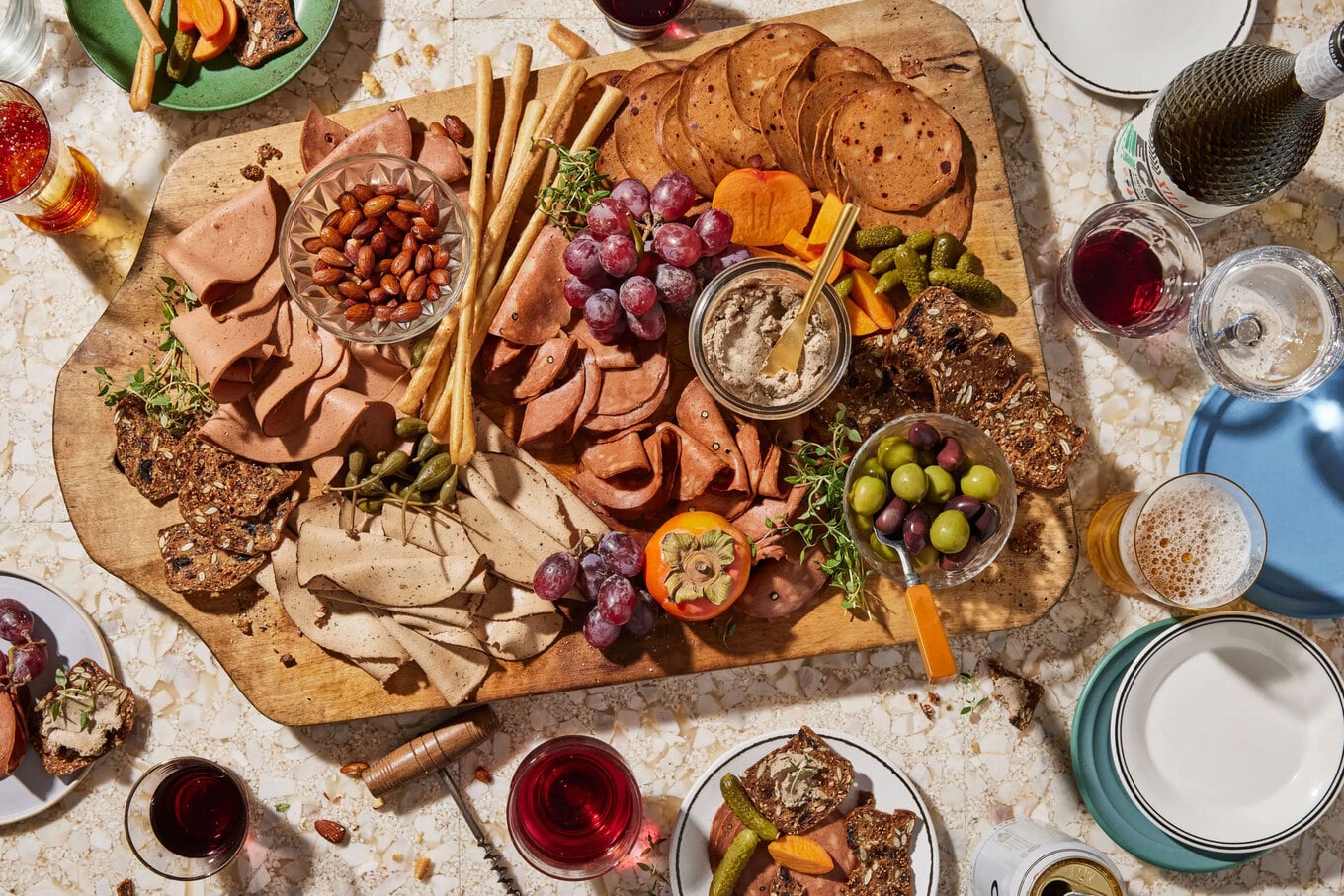 Prime Roots
Prime Roots
All of these companies are reviving the delicacy for the modern consumer. These versions also have another leg up on traditional foie gras: they can sell their vegan foie gras just about anywhere, including California which prohibits the sale of the animal version due to cruelty concerns.
These factors are why Three Little Pigs partnered with Prime Roots as a distributor, a move Freij says taps into a growing consumer acceptance for products that not only taste good but also are environmentally responsible and health-conscious.
“Pâté and foie gras are probably among the last segments consumers would expect to find plant-based alternatives for,” Freij says. “One of the reasons this partnership is so great is that Three Little Pigs pioneered bringing pâte to America.”
“If having a plant-based version of pâté and foie gras on the market can encourage more people to try this French delicacy, I am all for it,” Freij says.
Looking to the future, Three Little Pigs is poised to embrace further innovations in the plant-based sector. “While we cherish our traditional charcuterie roots, we recognize the importance of bringing plant-based alternatives to the market,” Freij says.
“We are always exploring new opportunities for collaboration and look forward to what the future holds for Three Little Pigs and plant-based meat,” Freij says.
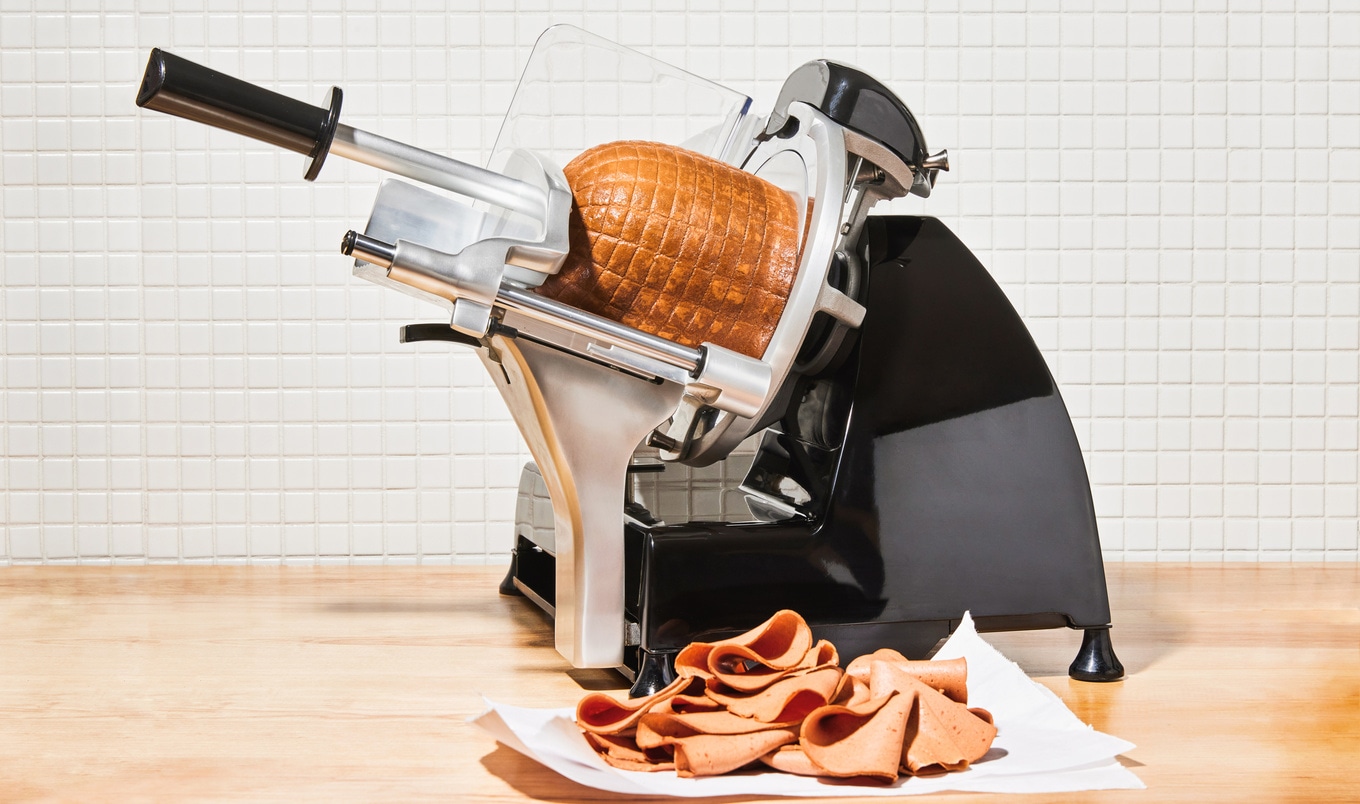 Prime Roots
Prime Roots
In addition to developing this vegan foie gras, Prime Roots is working to expand its market presence, focusing on fresh-sliced vegan deli meats and scaling its manufacturing capabilities, while continuously innovating with koji-based products.


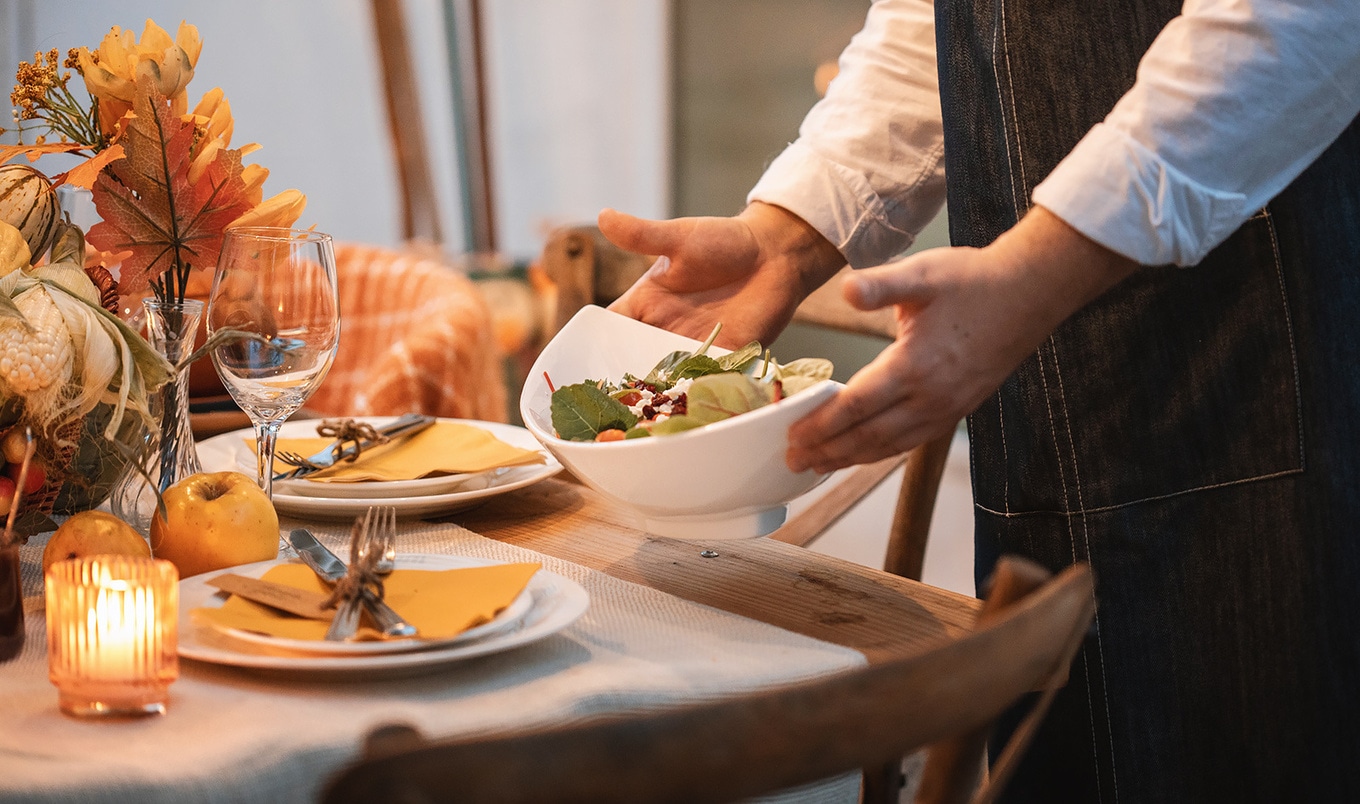
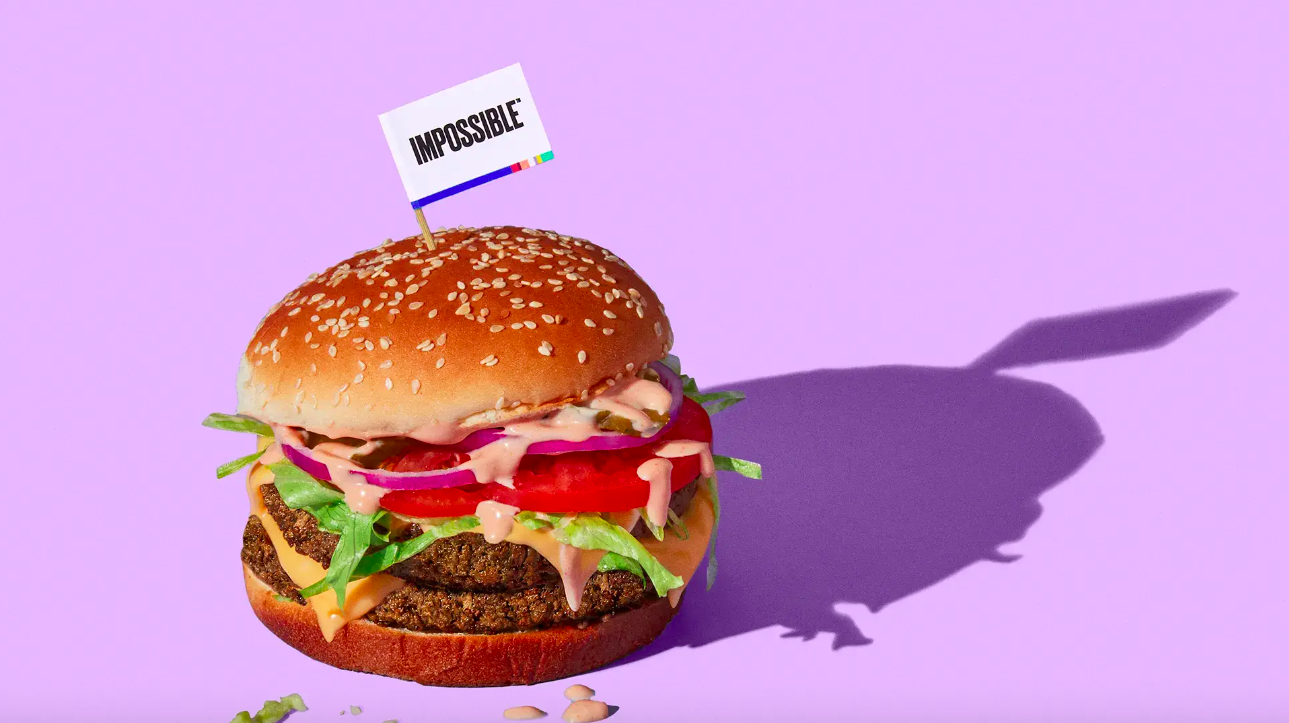
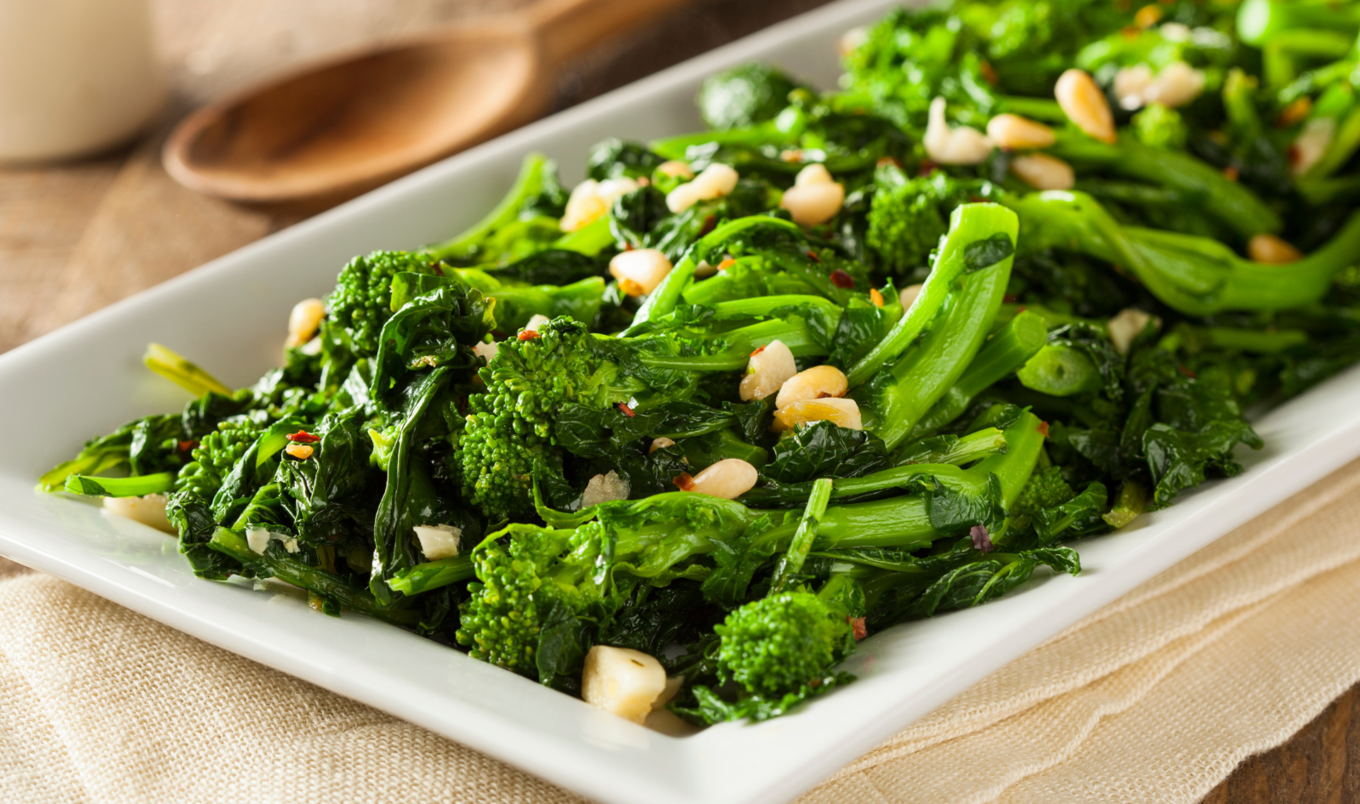


.jpg?sha=1491c255b49d3e03)